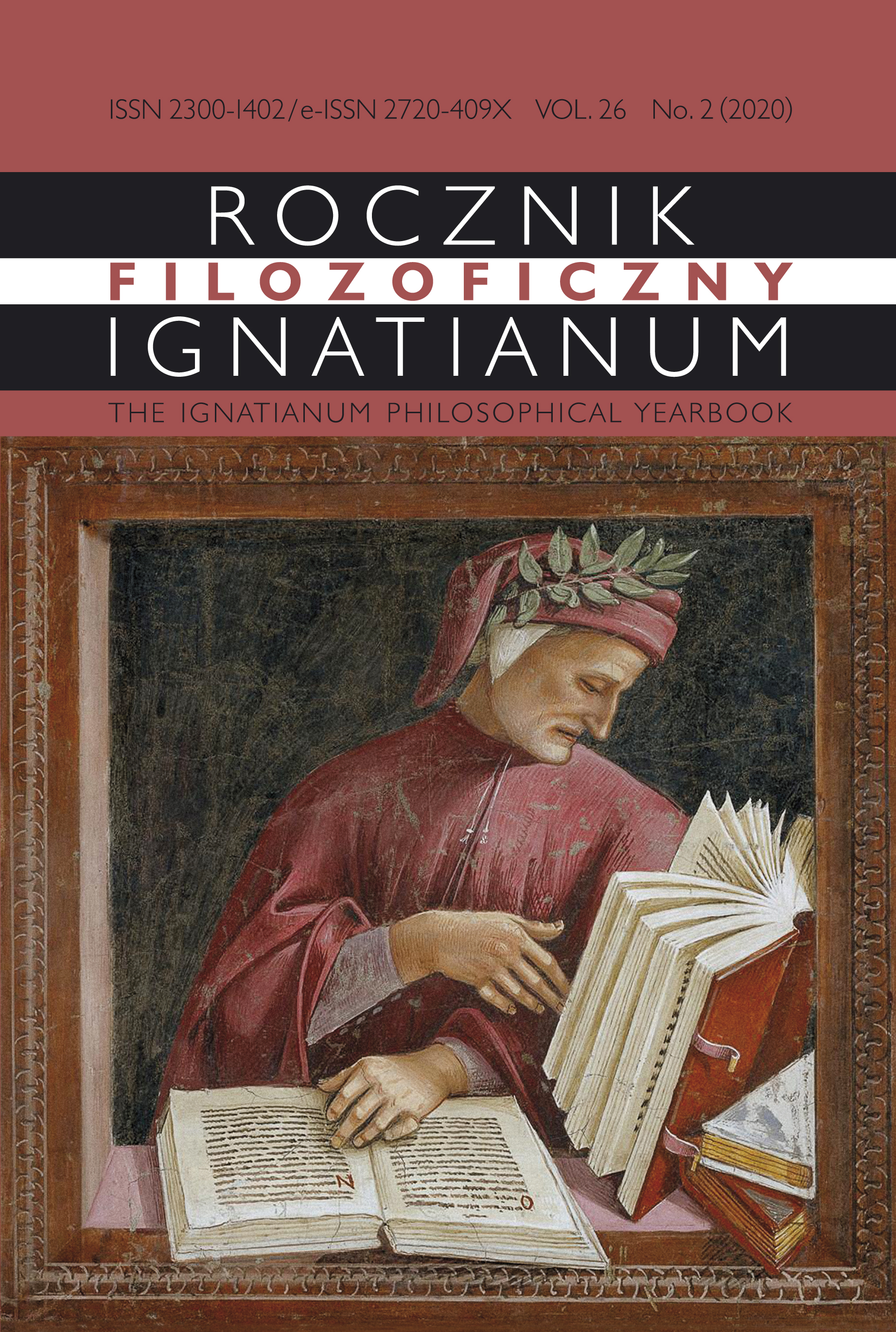Wstęp
Abstract
W 2021 roku przypada 700. rocznica śmierci Dantego, jednego z największych twórców literatury światowej. Polska tradycja klasyczna, romantyczna i katolicka przez wieki czerpała pełnymi garściami z jego dzieł, a szczególnie z Boskiej Komedii. Dante był bliski wielu pokoleniom naszych przodków, towarzysząc im na kolejnych szczeblach edukacji: gimnazjalnej, licealnej i uniwersyteckiej. Dla uczącej się młodzieży był mentorem i nauczycielem ukazującym naturę ludzką w pełnym jej wymiarze – od bestialstwa po heroizm i świętość. W czasach zamętu, którego obecnie doświadczamy, kiedy nie tylko jednostki i wspólnoty, ale wręcz cała zachodnia cywilizacja znalazły się w „ciemnym lesie” (una selva oscura) i zostały wydane na łup trzech bestii (le tre fiere): pychy, chciwości i pożądliwości, Dante Alighieri pozostaje drogowskazem i natchnieniem dla ludzi podzielających przekonanie, że istnieje prawda obiektywna oraz wartości uniwersalne, które wiążą wszystkich ludzi bez względu na rasę, narodowość i status społeczny.
Copyright (c) 2020 Akademia Ignatianum w Krakowie

Dieses Werk steht unter der Lizenz Creative Commons Namensnennung - Keine Bearbeitungen 4.0 International.
Rocznik przyjmuje do druku wyłącznie materiały, które nie wchodzą w żaden konflikt interesów, żaden konflikt z prawem autorskim itp. Redakcja prowadzi działania przeciw: plagiatom, ghostwriting1, guest/honorary authorship2 itp. Autor pracy zbiorowej, który jest pierwszy na liście, bierze na siebie odpowiedzialność i ma obowiązek przedstawić wkład wszystkich współautorów. Jeśli publikacja powstała dzięki dedykowanym środkom finansowym, należy ujawnić to np. w Podziękowaniu, przypisie itp. Ew. przedruki wymagają jawnego zgłoszenia i okazania odpowiedniego pozwolenia wydawniczego. Autorzy / Recenzenci nierzetelni narażają się na reakcję właściwą stosownym instytucjom.
______
1 Ma to miejsce, gdy osoba mająca istotny wkład jest pominięta na liście Autorów czy w Podziękowaniu.
2 Zachodzi, gdy na liście autorskiej pojawia się osoba mająca znikomy/żaden udział w pracy.





